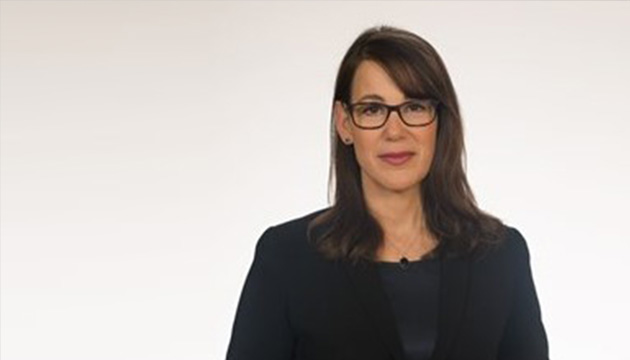Compliance
Shell invests significant time and resources in building processes to support accurate and timely compliance with tax legislation. In 2018, Shell filed around 6,000 direct tax returns and 38,000 indirect tax returns, with on-time delivery close to 100%. At the same time, we processed more than 24,000 separate tax payments.
A small number of returns may be submitted late. When this is the case, we carefully monitor the reasons, learn from them and pay any late filing fees. If we identify errors in our filings, we seek to address these with the relevant tax authorities.
Around 650 trained staff prepare, file and process our tax returns and payments. They are based in our Shell Business Operations centres in Poland, India, Malaysia and the Philippines. We also rely on a global team of tax experts who advise the business according to the Shell Responsible Tax Principles and tax control framework. Where appropriate, we run training sessions for non-tax staff who need to be aware of tax compliance requirements in their area.
Tax authorities are increasingly implementing or expanding digital tax platforms, for example by moving to real-time filing and payments. Shell is investing in information technology to support our compliance obligations and improve data management.
We seek to establish constructive relationships with tax authorities. In 2018, we had co-operative compliance arrangements in the UK, the Netherlands, Singapore and Italy. This involves proactive engagement with tax authorities, and assurances around our processes and controls to demonstrate we pay the taxes due on time. The arrangements are a sign of the strength of these processes and controls. We continue to explore possibilities for establishing more co-operative compliance relationships in other countries.
In 2018, Shell participated in the International Compliance Assurance Programme, a pilot aimed at developing a multilateral approach to risk assessment and assurance with tax authorities. This gave us the opportunity to share information simultaneously with tax authorities in a number of countries. The pilot used our 2016 country-by-country report. In line with OECD standards, the report was confidential at the time and submitted to tax authorities. Tax authorities were able to ask questions and provide a high-level tax assurance assessment. We are now voluntarily publishing our 2018 country-by-country report.
Dealing with uncertainty
Tax authorities assess and audit our tax returns in line with their local procedures to test for compliance. We seek to resolve any questions they may have and demonstrate why we have applied certain treatments legitimately.
Our aim is to take sustainable tax positions in support of our business investments which are of a long-term nature. In some cases, the law or how to apply it is not clear to tax payers and formal co-operative compliance arrangements are not available in all countries. In these situations, we seek to engage proactively with a tax authority to disclose our application of the law, or we apply for an advance tax agreement where both tax payer and tax authority agree the treatment that will apply before submission of the tax return. We seek clarity on our tax positions, which means our reasonable expectation is that they will be upheld in court.
Sometimes tax authorities in different countries hold conflicting views about how tax rules within treaties should be interpreted or applied. When this lack of clarity occurs, we may use a mutual agreement procedure whereby the authorities aim to resolve the issue.
If we are still unable to reach an agreement with authorities, we may have to test the application of the law through the judicial system, but we use this only when other options have not provided a resolution.

We seek to establish constructive relationships with tax authorities
 Message from the Chief Financial Officer
Message from the Chief Financial Officer
 Approach to tax
Approach to tax
 Special topics
Special topics
 Our tax data
Our tax data
